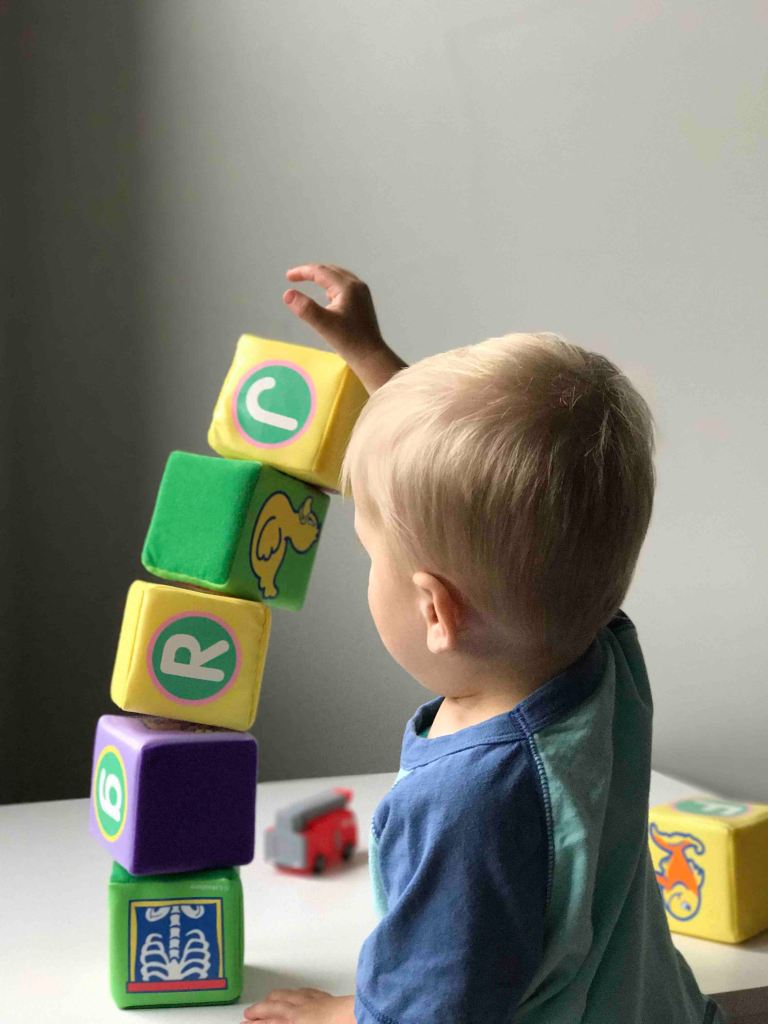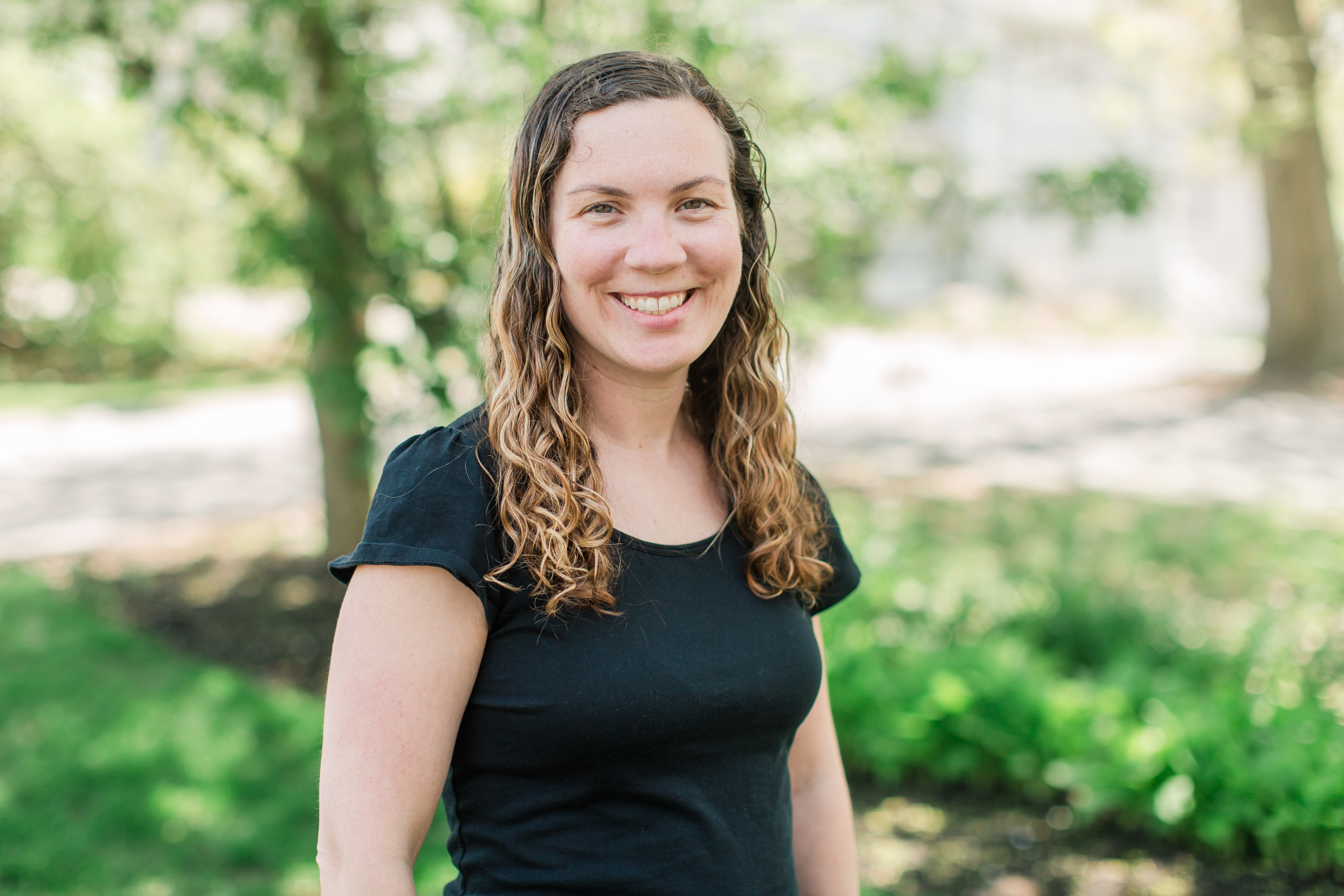
In a class of children there will always be one who is the youngest, and a few more who are close to the youngest. Depending on where you live and what your child’s birthday is, you may have to make the decision about whether or not your child will be the youngest. In some areas, the cut off is 5 by September 1 and parents of summer birthday children may question if they will send a child to kindergarten who just turned 5, or wait another year. In some areas, the cut off is 5 by January 1, and parents of late fall children may wonder whether they should send their child to kindergarten when they are still 4 or wait another year.
This is a challenging and extremely personal decision, so I can’t make it for you. But I can tell you some thoughts from a kindergarten teacher. Please note I am mostly looking at this from an early elementary school angle, and it’s worth talking to parents who have experience with older children on the oldest and youngest end of the age spectrum. Also, especially during the COVID-19 pandemic, there are often state and district rules regarding when you can send your child to school and whether you can even decide what grade they are in. Please check with your local district about their guidelines and rules.
One of the first things you’ll want to know is the differences we see between older and younger children in kindergarten. This obviously varies a lot since children are different and it’s entirely possible a younger child could be more mature than someone a year or two older than them. But generally speaking, older children tend to take on more of the leadership roles socially. They tend to be able to pay attention for longer amounts of time and are more ready for the academic demands in kindergarten. Sometimes they are more independent and have less challenges with the bathroom, managing belongings etc. But, many younger kids are completely ready for these challenges and truly LOVE being in school. Also, some challenges are good for kids and help them learn how to push through no matter the obstacles. Sometimes I see older-for-the-grade kids who really struggle when something does get hard! Just because a child is older for the grade does not guarantee no challenges, and just because a child is younger does not promise any difficulty at all.
Here are some things I recommend doing if you are trying to make this decision:
- If your child goes to preschool, start here. Your child’s preschool teacher is a great source of information about what your child looks like in a classroom environment. Many children act differently at home and school and you’ll want their input about what they see in the classroom to help you make a decision about future schooling. Here are some specific questions you can ask the preschool teacher.
- How independent is my child in the classroom? Do they like doing things on their own or do they often ask for a lot of help? What specific things do they always ask for help with?
- How well does my child follow along with what the rest of the class is doing? Are there any activities they resist doing?
- How does my child behave during circle time or other structured activities? Can they listen for 10-15 minutes? Do they participate and answer questions during a story or lesson?
- How does my child do socially? Do they get along with their peers? Do they typically play with children older or younger? (if in a mixed age class now)
- Is my child more of a leader socially, or do they tend to go along with what others are doing?
- How is my child keeping up with the academics they have been exposed to (if any)?
*Remember, your child’s preschool teacher cannot 100% predict how kindergarten will go, just as I can’t predict exactly how one of my kindergarten students will do in first grade. There have been times where I thought a child would do great in the next grade and the child struggles, none of us have a crystal ball. But, they can tell you what your child is doing now which can help you make decisions. Sometimes there are rules in public preschools (and potentially others) about whether teachers can actually recommend keeping a age-ready kid out of kindergarten, so be aware of that when they are talking to teachers.
- If your child didn’t go to preschool, you’ll need to look at their personality and current abilities based on what you see. How do they do socially when you gather together with other children? How independent are they within your family? Do they have any jobs or responsibilities at home and are they able to do these jobs with your reminders? How is their attention span when you are reading a story or doing an activity with them? How do they do in larger groups, are they able to follow along with an activity? You may be able to look at the preschool questions and answer some of those from a home perspective as well.
- Try to forget almost entirely about academic skills. It makes sense to consider if your child has any interest in academic learning, or would benefit from another year of more play based learning. But, try not to make the decision based on whether your child knows how to read (not a prerequisite for kindergarten at all, and not a guarantee they should go if they can do it), or excels in math. Kids will learn a lot in kindergarten regardless of what they already know, and I rarely see a child “bored” in the way that many parents worry about.
There are some districts that allow you to get a waiver to send your child to school even if they do not meet the cutoff. Personally, I would avoid doing this in almost all circumstances.
I can’t write this post in May of 2021 without addressing the fact that the word has been in a pandemic for over a year which has had huge effects on children and families. I would not recommend holding a child out of kindergarten only because of pandemic effects, such as less exposure to socialization in the last year or potentially not attending preschool for the last year. I realize that will make it harder to answer the questions above, and that might make you think you should just wait a year. Of course that might be the right decision for your family, but this also might be the year where age is going to be a lot less noticeable. Our classrooms next year will be filled with children with varying experiences and teachers are ready for it. We know we will have to start slow in the fall and help kids get used to the current “normal” and introduce them to school at the same time. I don’t believe this pandemic is going to have long lasting effects on these younger kids, but it may take a year or two to get back to what we could expect of them before. That’s okay- there is no rush!
If you are interested in this subject, check out my interview on The Mom Hour about Kindergarten Readiness and Parent/Teacher Relationships.
Also, feel free to reach out to me directly if you want to talk further about this.




















































